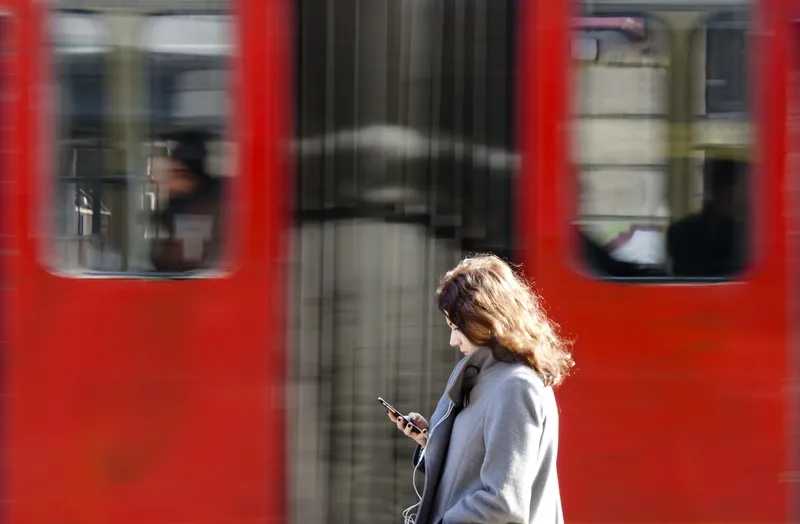
Seoul is piloting a single card which will allow riders unlimited use of the city's subway, bikes and buses.
Riders in the South Korean capital will be able to use the Climate Card from Saturday 27 January. The pilot programme lasts until May 2024, with plans for full implementation in the second half of the year.
Two types of cards will be available for a monthly fee: one allowing access to subways and buses for ₩62,000 ($46.90 per month); and one that also includes the Seoul Bike service for ₩65,000 ($49 per month).
It is a similar idea - albeit at a metropolitan, not national, level - to Germany's Deutschland-Ticket (D-Ticket), which costs €49 per month for unlimited public transport, and also appears to embrace a key principle of Mobility as a Service (MaaS).
Seoul hopes the Climate Card will increase public transportation use, which was hit by the Covid-19 pandemic, "as well as respond to the ongoing concerns of climate change".
“There is a limit to how much we can reduce greenhouse gases by only changing hardware in the transportation sector, such as replacing the city’s bus and taxi fleets to eco-friendly vehicles and expanding the city’s public bike share programme," says Mayor Oh Se-hoon.
"The core of the transportation sector’s response to climate change lies in the revitalisation of public transportation use. Introduction and operation of the Climate Card is not only a way to respond to climate change, but also a way to alleviate the burden on citizens’ personal finances amidst the rising prices in transportation fares. Going forward, we will continue to develop and expand transportation policy to serve and stand in solidarity with citizens.”
The city will also start operating the River Bus service on the Hangang River in September, and has plans to include this in the Climate Card.










